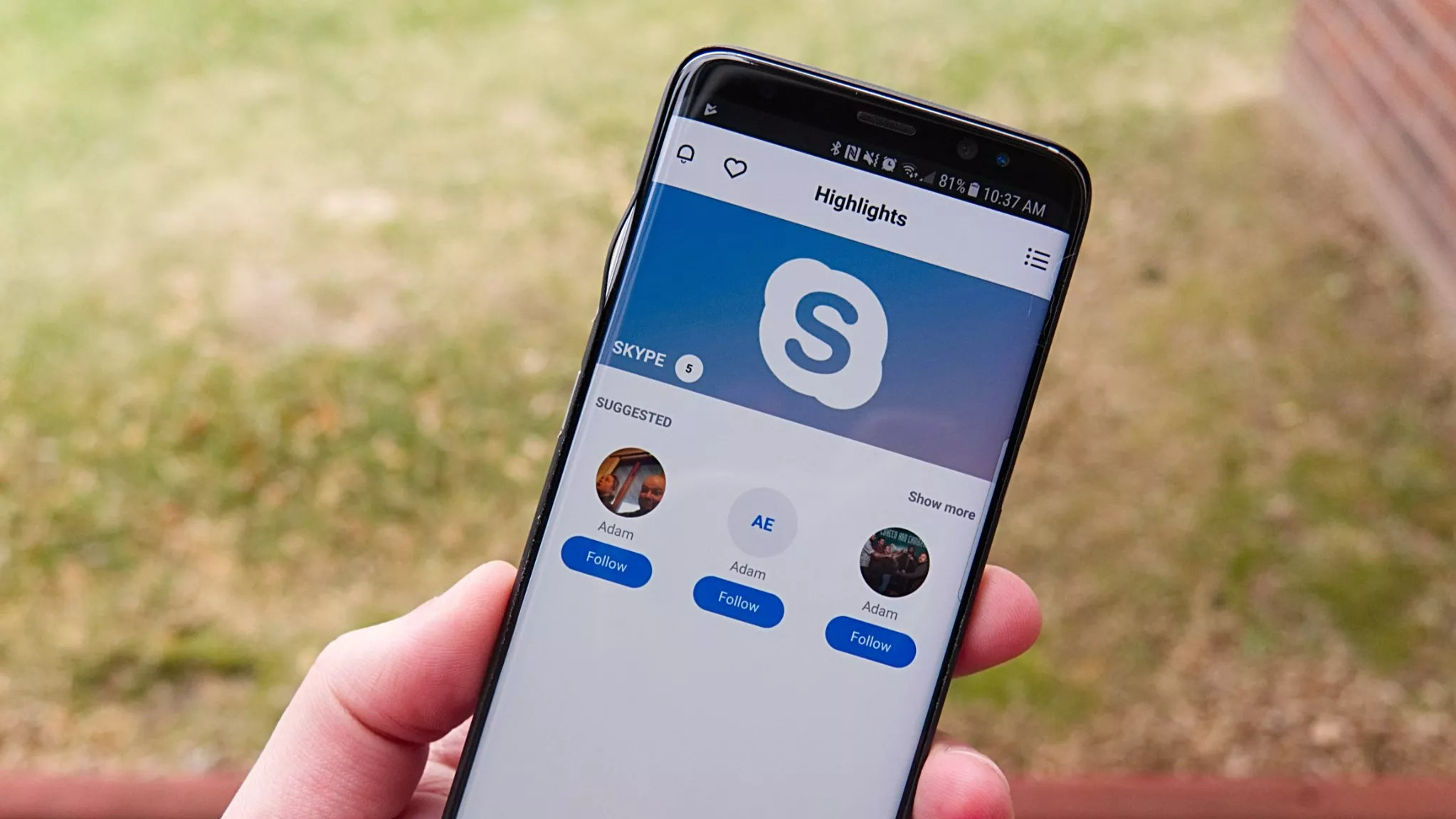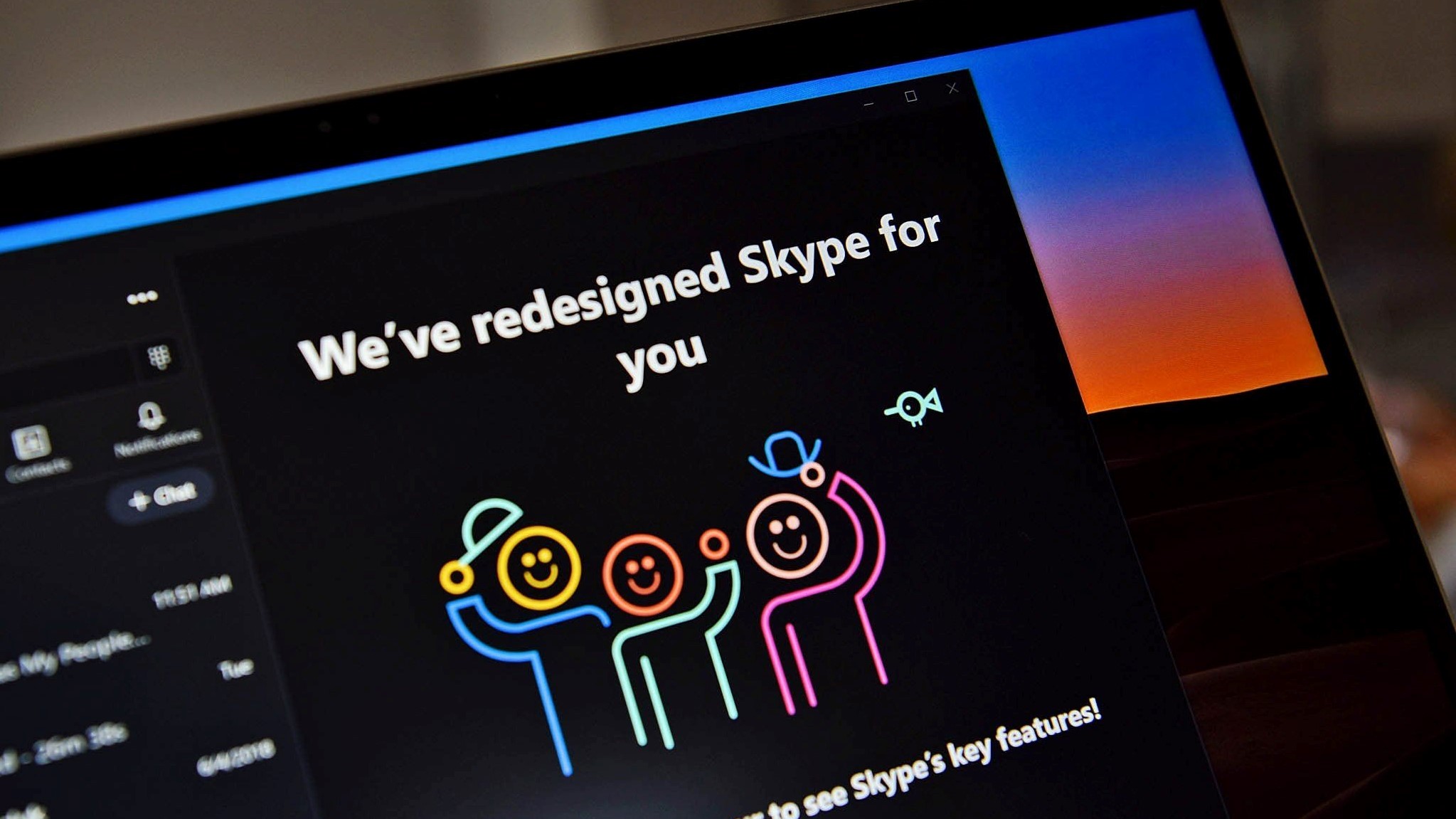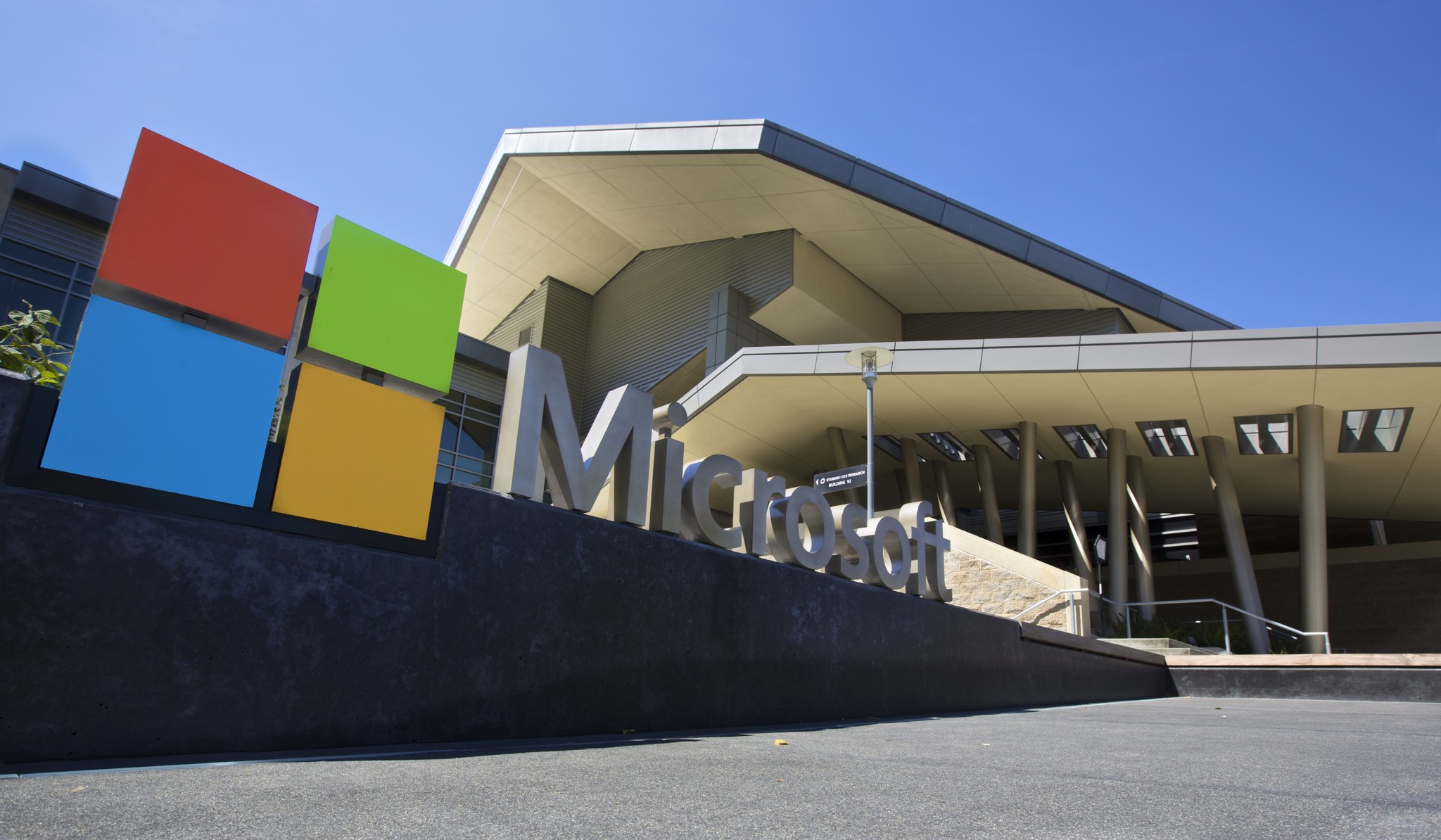
What you need to know
- Microsoft owns Skype, OneDrive, Hotmail, Outlook, and various other online services all tied together by a Microsoft account.
- A BBC investigation recently revealed that Microsoft has been blanket banning the Microsoft accounts of Palestinians living in the U.S. and other western nations for using Skype to call relatives in Gaza.
- Israel is conducting a military campaign against terror group Hamas in Gaza, with hundreds of thousands of innocents brutalized and displaced in the conflict.
- Skype has become an affordable lifeline of sorts for worried relatives calling into Gaza, but it seems that Microsoft is banning at least some users making calls for that purpose.
- In response, Microsoft offered only "Blocking in Skype can occur in response to suspected fraudulent activity."
Today, BBC News put out an investigation having spoke to 20 Palestinians living abroad who claim Microsoft has permanently banned them from their systems for calling relatives in Gaza.
Israel is conducting a broad military operation in Gaza as of writing, displacing hundreds of thousands of people on what it says is a mission to destroy terror group Hamas — although an unimaginable number of innocent people, many of which are children, have been maimed, brutalized, and killed in the conflict. Naturally, concerned relatives who live abroad in nations like the United States have been leveraging online platforms to contact relatives. One such platform is Microsoft-owned Skype.
Skype might have fallen out of favor for general messaging purposes over platforms like WhatsApp and Telegram, but it remains an affordable service for calling cell phones directly via the web. Skype's phone-calling feature sets it apart from some of its competitors, and it has been described as a "lifeline" for those trying to ascertain the safety of relatives in conflict zones. Using it for this purpose may be risky, though.

Reportedly, Microsoft has been banning and wiping the accounts of users who have leveraged Skype to contact relatives in Gaza. In some cases, email accounts over a decade old have been locked, destroying access to banking accounts, OneDrive storage, and beyond. United States resident Salah Elsadi lost his account of over 15 years in the dragnet. "I've had this Hotmail for 15 years. They banned me for no reason, saying I have violated their terms — what terms? Tell me. I've filled out about 50 forms and called them many many times." Eiad Hametto from Saudi Arabia echoed the report, "We are civilians with no political background who just wanted to check on our families. They’ve suspended my email account that I’ve had for nearly 20 years. It was connected to all my work. They killed my life online."
Many of the users affected by the bans expressed that Microsoft may be falsely labelling them as Hamas, the terror group behind the notorious October 7 massacre that killed hundreds of concert goers near Re'im in Israel. Microsoft declined to respond to the accusation, but claimed that it doesn't block calls or ban users based on geographical location. "Blocking in Skype can occur in response to suspected fraudulent activity," a Microsoft spokesperson told the BBC — potentially implying there's more to the story. Still, it's of little comfort to those banned, who aren't given detailed information on exactly why they were banned.
Banned without explanation

Xbox is generally my beat, and I often hear from users on social media that they've been banned from their entire Microsoft account with little explanation. Given how much a Microsoft account can incorporate practically your entire online life, with email access governing password resets for your accounts, OneDrive storing all your photos and memories — being permanently banned without explanation can totally wipe out your digital life.
In discussions with Microsoft employees behind the scenes on these subjects, I'm told it's very rare that someone is banned without a genuine reason, or by mistake. Although I have seen plenty of instances where a ban has been overturned too, implying that mistakes can and do happen. Being banned over trash talk in video gaming is a lot different to being banned for contacting relatives in a warzone.
The bans might be tied to requests from the U.S. Department of Homeland Security, limiting what Microsoft can say potentially. But given how much of our online life is basically handed over to big corporations like Microsoft, who are under no obligation to guarantee access to these services, it is alarming how they can just ban you with no real explanation or transparency. It's why it's important to back up your 2FA recovery codes, store your files in offline back up, and have alternative email provision for password resets where possible.







